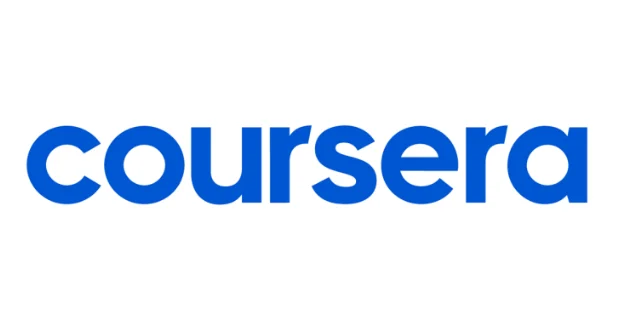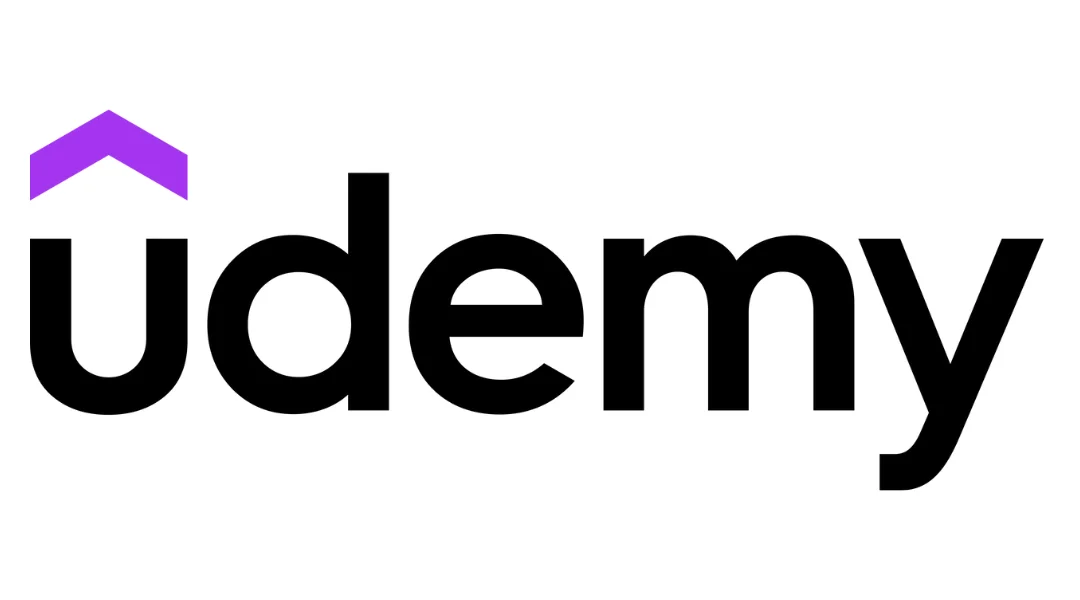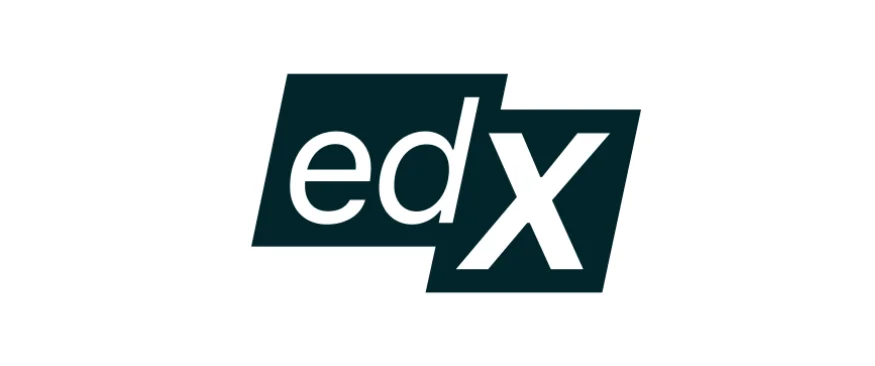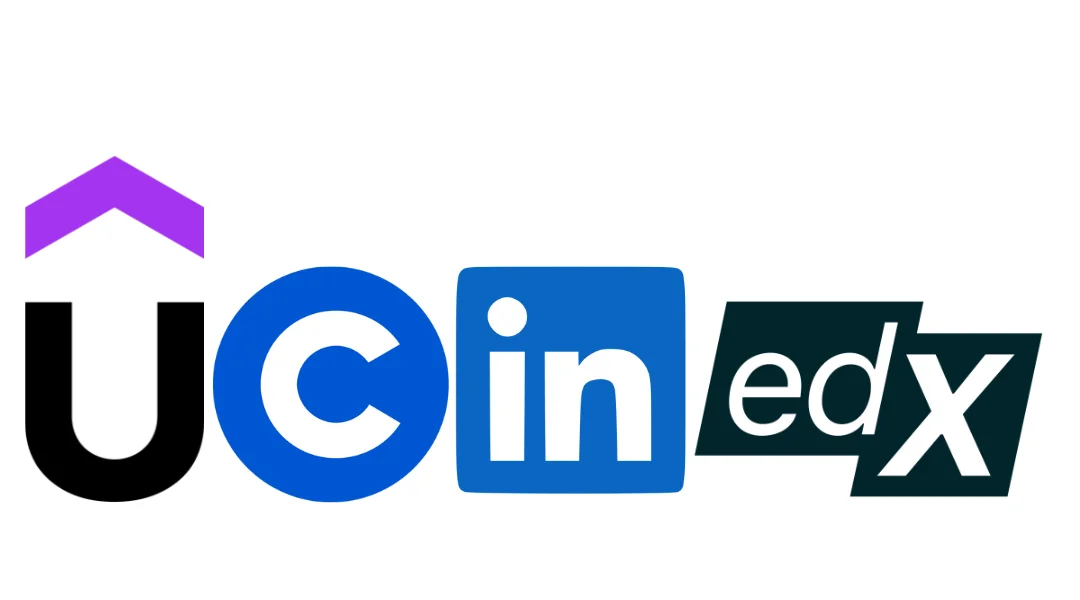学習目標に最適なオンラインコースプラットフォームを選択するには?

生涯学習の時代では、知識を広げるかどうかではなく、どこで知識を広げるかが問題になります。パンデミックの間、世界中の学生の 90% が学校の一時的な閉鎖の影響を受けている中、オンライン教育の急増は私たちの学び方を変えました。しかし、状況が落ち着くにつれ、1つの疑問が残ります。それは、どのオンラインコースプラットフォームに時間とリソースを投資すべきかということです。キャリアのはしごを登りたい、職業を変えたい、あるいは単に新しい趣味にふけることを目指しているかどうかにかかわらず、適切なコースはゲームチェンジャーになり得ます。「明日死ぬかのように生きなさい。永遠に生きるかのように学びなさい」とマハトマ・ガンジーは挑戦しました。より明るく、より知識の豊富な未来への第一歩を踏み出す準備はできていますか?
このブログ記事は、広大なオンライン教育の海の中での羅針盤です。Courseraの大学支援コース、Udemyの多様な学習カタログ、edXの学術パートナーシップ、LinkedIn Learningのキャリア志向のコンテンツなど、ユニークなサービスをご紹介します。各プラットフォームが独自の専門知識と専門分野を提供していますが、個人的および職業的成長に最適なものをどのように選択しますか?長所と短所を分析し、教育への道のりを再定義する可能性のある情報に基づいた意思決定を行うお手伝いをしますので、ぜひご参加ください。

1。コーセラ
Courseraは、インターネットに接続している人なら誰でも質の高いコースにアクセスできるようにすることで、教育の世界に革命をもたらしたオンライン学習プラットフォームです。ここでは、主な機能をいくつか紹介し、Courseraを教育目的で使用することの長所と短所をバランスよく見ていきます。
主な機能
- 一流のパートナーシップ: Courseraは、スタンフォード大学、デューク大学、IBMなどの200を超える一流大学や組織とパートナーシップを結んでおり、提供される知識が信頼できるものであり、現在の業界標準に沿ったものであることを保証しています。
- 多様な科目: プラットフォームの豊富なカタログは、コンピューターサイエンスから自己啓発まで幅広いテーマを網羅しており、幅広い関心やキャリア目標に対応しています。
- 上級プログラム: Coursera では、個々のコース以外にも、総合的な学位プログラムや Google IT サポートプロフェッショナル認定証などのプロフェッショナル認定資格を用意しており、大幅なキャリアアップをサポートします。
- インクルーシブ教育: Coursera(コーセラ)を通じて学資援助や奨学金が提供され、あらゆる社会経済的背景を持つ学習者が教育を受けやすくなります。
長所と短所
長所:
- 学術的信頼性: Courseraは、一流教育機関の専門家によって開発された高品質なコンテンツで定評があり、学問の完全性とコースとの関連性を確保しています。
- フレキシブルな学習: 自習型モデルは、専門家、保護者、学生のスケジュールに対応し、個人に合わせた管理しやすい学習体験を可能にします。
- インタラクティブプラットフォーム: ピアレビュー済みの課題やディスカッションフォーラムなどの魅力的なコース機能は、ダイナミックな学習環境と学習者のコミュニティを促進します。
短所:
- さまざまな品質: 質の高いコースが多数提供されているにもかかわらず、コンテンツの量や教授法の違いによりコースの質が変動する可能性があり、学習者は慎重にコースを選択する必要があります。
- 費用: オーディットコースは無料ですが、修了証書や学位の取得には手数料がかかり、財源が限られている学習者にとっては法外な金額になる可能性があります。

2。ウーデミー
Udemyは、自己改善とスキル開発の指針として、さまざまな興味に応える膨大なコースライブラリを提供しています。このセクションでは、Udemyの主な特徴を掘り下げ、将来の学習者にUdemyの長所と短所を公平に分析します。
主な機能
- 広範な学習リポジトリ: Udemyの素晴らしいカタログには150,000以上のコースがあり、学習者は専門能力開発から個人的な趣味まで、考えられるほぼすべてのトピックに関するコンテンツを見つけることができます。
- 生涯コースへのアクセス: Udemyでコースを購入すると、学習者は生涯コンテンツにアクセスできるようになり、自分のペースで学習したり、必要に応じて教材を見直したりすることができます。
- インタラクティブ・ラーニング・コミュニティ: このプラットフォームは、コミュニティフォーラムやQ&Aセクションを通じて交流を促し、学習者が教材について話し合い、洞察を共有できる支援的な環境を育みます。
- アチーブメント証明書: コースを修了すると、Udemyは受講者の献身的な取り組みと新たに習得したスキルの証となる修了証書を授与します。
長所と短所
長所:
- 幅広いトピック: Udemyのコースは驚くほど多様で、学習者と趣味の学習者の両方に対応しています。
- 費用対効果の高い学習: Udemyは、頻繁な販売と割引により、より多くの視聴者が教育をより手頃な価格で利用できるようにしています。
- 直感的なユーザーエクスペリエンス: このプラットフォームは使いやすさを考慮して設計されており、学習者は興味のあるコースをすばやく見つけて開始できます。
短所:
- さまざまなコース品質: 対象分野の専門家なら誰でもコースを作成できるため、コースの質は大きく異なる可能性があります。
- 正式な認定の欠如: 他のプラットフォームとは異なり、Udemyのコースでは正式な認定や大学の単位を取得することはできません。

3. Dex
edXは、一流の大学と提携して質の高い教育体験を提供する一流のオンライン学習プラットフォームとして際立っています。このセグメントでは、edX の特徴を探り、学習者の視点から長所と短所を比較します。
主な機能
- アカデミック・エクセレンス: edXは、MITやハーバードなどの著名な教育機関と提携し、学習者に大学レベルのコースへのアクセスを提供しています。
- 高度な学習経路: このプラットフォームでは、完全な学位取得への足がかりとなるMicroMastersおよびプロフェッショナル認定プログラムを提供しています。
- 無料の監査オプション: edXのコースの多くは無料で監査できるため、学習者は金銭的な負担なしに質の高いコンテンツにアクセスできます。
- グローバル・ラーニング・コミュニティ: edXは世界中から学生を集め、多様で多文化的な学習環境を作り出しています。
長所と短所
長所:
- 厳格なアカデミックコンテンツ: edXは、学問的にやりがいがあり、よく構成されたコースで知られています。これらのコースは、多くの場合、大学の教授によって作成され、教えられています。
- 信用獲得の機会: edXの一部のコースは単位取得資格があり、大学の学位取得にカウントされる可能性があります。
- 幅広いテーマの提供: このプラットフォームは、コンピューターサイエンスから芸術や人文科学まで、幅広い分野をカバーしています。
短所:
- 認定資格のプレミアム価格: 監査コースは無料ですが、証明書の取得や学位プログラムの取得には金銭的投資が必要です。
- 限定的な社会的交流: 一部のコースでは、ピアツーピアのエンゲージメントやディスカッションの機会が少ない場合があります。

4。リンクトイン・ラーニング (旧) Lynda.com)
LinkedInラーニング、以前は知られていました Lynda.comは、専門能力開発の分野で独自のニッチを切り開いてきました。この記事のパートでは、プロとしてのスキルセットを高めたいと考えている人のために、プラットフォームの主な機能に焦点を当て、その長所と短所をバランスよく検討します。
主な機能
- キャリアアップに焦点を当てる: LinkedIn Learningは、専門的なスキルと能力を高めることを目的としたコースを専門としています。
- LinkedIn ネットワークとの統合: このプラットフォームは、LinkedInの力を活用して、学習者を広大な専門家ネットワークと雇用機会につなげます。
- 包括的なコースライブラリ: このプラットフォームでは、基本的なビジネス、テクノロジー、クリエイティブスキルをカバーする幅広いコースを提供しています。
- 業界エキスパートインストラクター: コースは、それぞれの分野のリーダーである専門家によって教えられ、内容が適切で最新のものであることを確認します。
長所と短所
長所:
- 実践的なスキル開発: このプラットフォームは、職場に直接適用できるスキルを習得したい方に最適です。
- 学習の認知: LinkedInのプロフィールに修了証明書を追加して、潜在的な雇用主に新しいスキルを紹介することができます。
- サブスクリプションアクセス: 1つのサブスクリプションですべてのコースに無制限にアクセスできるため、さまざまなスキルを幅広く学ぶことができます。
短所:
- プロフェッショナルフォーカス: 内容はキャリア開発に向けられており、学業や個人的な豊かさに興味のある人には向いていないかもしれません。
- 理論上のものより実践的なもの: コースは、深い理論的知識よりも実践的なスキルを重視する傾向があります。
目標に合った適切なオンライン学習プラットフォームをどのように選択しますか?

適切なオンライン学習プラットフォームの選択は、個々の目的と状況によって異なります。学問の厳密さと伝統的な教育機関の名声を優先するなら、CourseraとedXがあなたのニーズを満たしてくれるでしょう。逆に、UdemyとLinkedIn Learningは、職場ですぐに応用できる実践的なスキルの習得に重点を置いている人のために、専門能力開発に合わせたコースを提供しています。最終的に、あなたにとって最適なプラットフォームは、あなたの教育上の願望に合っているだけでなく、あなたのスケジュールや経済状況にも合ったものになるでしょう。




